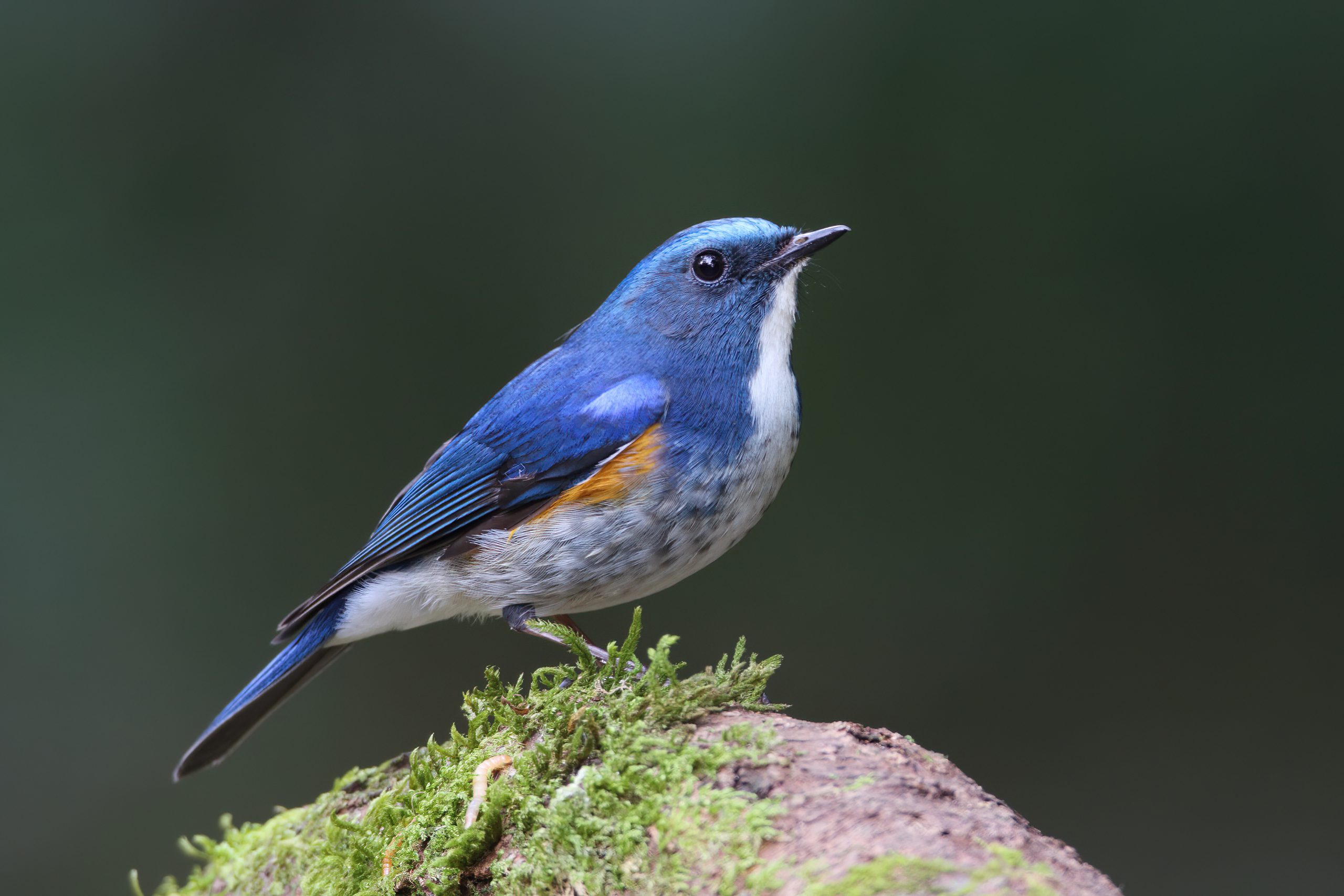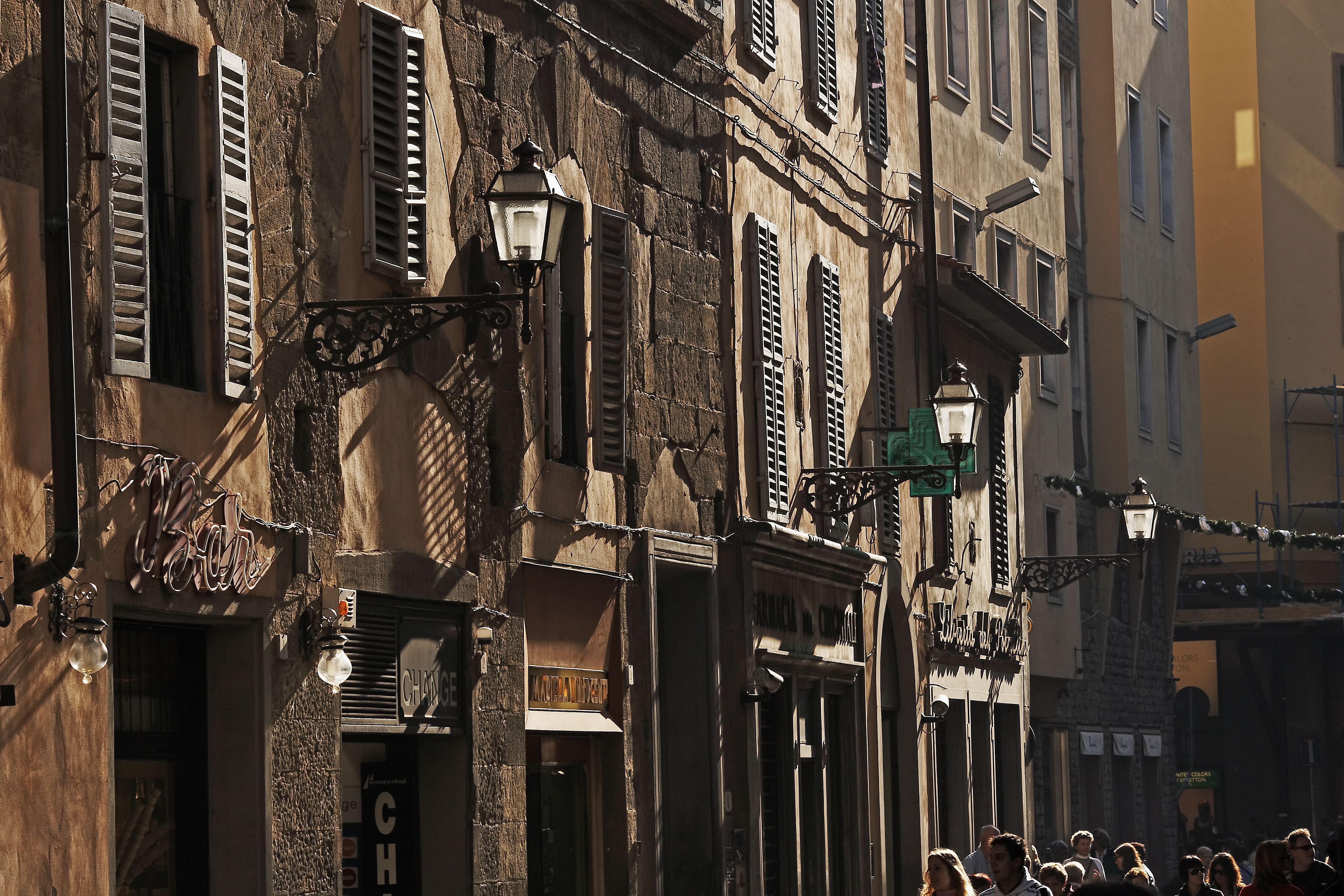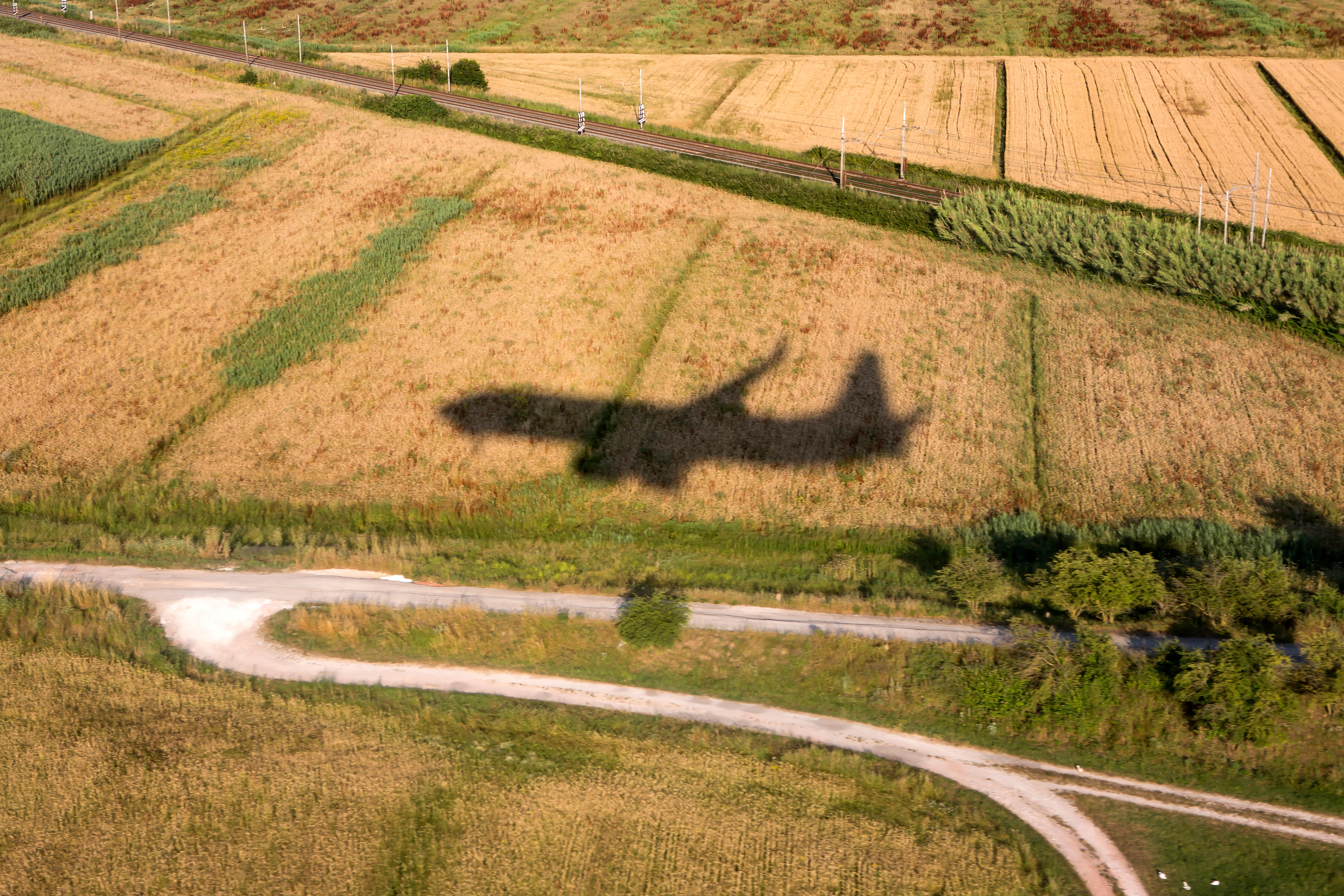Jonathan Self: 'Everyone deserves to engage with Nature, but enough is enough'
Jonathan Self muses on birds with bad sense of direction, militant ramblers and the plight of a camel-herding nomad.


Exquisite houses, the beauty of Nature, and how to get the most from your life, straight to your inbox.
You are now subscribed
Your newsletter sign-up was successful
11 years ago to the day, our village twitchers were whipped into a state of frenzy by the presence of a red-flanked bluetail where no red-flanked bluetail should be, viz. a couple of miles up the road in a Galley Head garden. These tiny birds (like thinner, more colourful robins) winter in South-East Asia and holiday in, bizarre as it may seem, Siberia. There, presumably because there isn’t much else for them to do, they mate. March weather in West Cork has to be better than March weather in Novosibirsk, but nevertheless, this particular red-flanked bluetail had taken a 4,350-mile wrong turning. Which goes to show how risky it is to be a migratory bird with a bad sense of direction.
Anyway, I was reminded of the poor little chap this week when I heard the unmistakable call of a wheatear: a soft whistling hiit, followed by a hard chack. You can keep your flowering plants, budding trees and frogspawn: nothing heralds the arrival of spring like the return of our familiar summer birds. Interestingly, birds with the longest journeys — my wheatear, for example, probably flew some 8,000 miles to get here — often seem to arrive first.
Avian migrants are welcomed; human migrants less so. A swallow is admired for crossing deserts and oceans to get to our insect-rich islands, a person fleeing war, natural disaster or poverty has a tougher time of it. Yet, migration is core to human experience. For all but 12,000 of the six million years of our existence, we have been wholly peripatetic. Indeed, this settling-in-one-place business could be viewed, in relative terms, as a temporary aberration.
"It is no good pretending that England is like Norway... They have 15 people per square kilometre, compared with 434 in England"
The Bible is full of migrant stories. Moses, to offer one example, began by travelling down the Nile in a basket and ended by leading the Israelites to the Promised Land. Oddly, the only time I ever encountered genuine nomads myself was crossing the Egyptian desert. I remember one elderly camel herder who, according to my translator, said he had not seen a single soul for an entire month and refused money, it being useless to him, but begged for our old water bottles. Anyway, despite switching from hunting and gathering to farming and financial services, we still move around a great deal, as evidenced by the Mexicans struggling to reach the US or the Pavees wandering the high roads and byroads of Ireland.
One group who I wish wouldn’t travel quite so much are some of the more militant members of the Ramblers Association. I certainly wouldn’t go as far as the late Auberon Waugh, who called them ‘semi-uniformed thugs’, or former Private Eye editor Richard Ingrams, who claimed that ‘badly dressed ramblers on route marches are spoiling the countryside’. However, I am sorry to see that part of the Government’s new Environmental Improvement Plan is to give increased public access to our woodlands, wetlands, moors, rivers and the rest.
Yes, everyone deserves to engage with Nature, but enough is enough. All that tramp, tramp, tramp up hill and down dale causes untold environmental damage. Even greater access to the countryside than there is already will further endanger the last of our most valuable habitats and species.
It is no good pretending that England is like Norway, where anyone can walk pretty much anywhere. There are 15 people per square kilometre in Norway, compared with 434 in England. Apparently, two-thirds of our bird population is in decline and I fear it will only get worse for wheatears and their ilk if we grant the right-to-roamers their way.
Exquisite houses, the beauty of Nature, and how to get the most from your life, straight to your inbox.

Credit: Getty Images
Jonathan Self: 'Ten yards from shore, I felt completely and utterly alone, the last man on earth'
A wintry dip in the ocean revitalises Jonathan Self.

Jonathan Self: 'In Ireland, summer smells sweet, effervescent and damp. In Tuscany, one almost has to push one’s way through it'
Jonathan Self's recent move to Italy has brought a fresh challenge. Or rather, a hot and heavy one.

Credit: Alamy
Jonathan Self: 'To be in a foreign country is thrilling. Everything is new. One is constantly on one’s mettle. It is like being a child again'
Jonathan Self's scuppered plans force him to reflect on how the joy of travel mixes with the delicious ambivalence of

'By the time I reached chapter seven I was nauseated by the sheer volume of stuff I owned'
Jonathan Self's chance encounter with a book shifts the way he sees his belongings... but how long will his urge
After trying various jobs (farmer, hospital orderly, shop assistant, door-to-door salesman, art director, childminder and others beside) Jonathan Self became a writer. His work has appeared in a wide selection of publications including Country Life, Vanity Fair, You Magazine, The Guardian, The Daily Mail and The Daily Telegraph.
